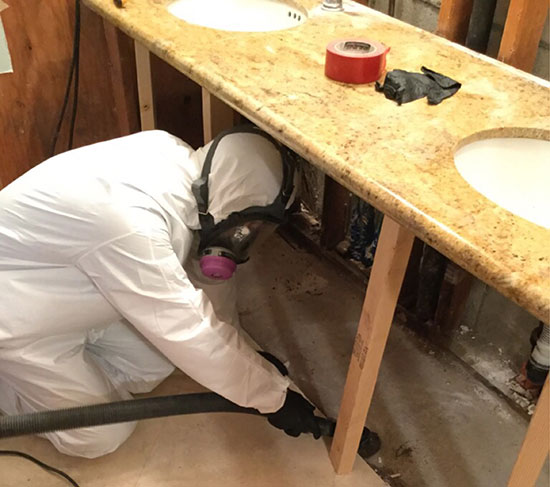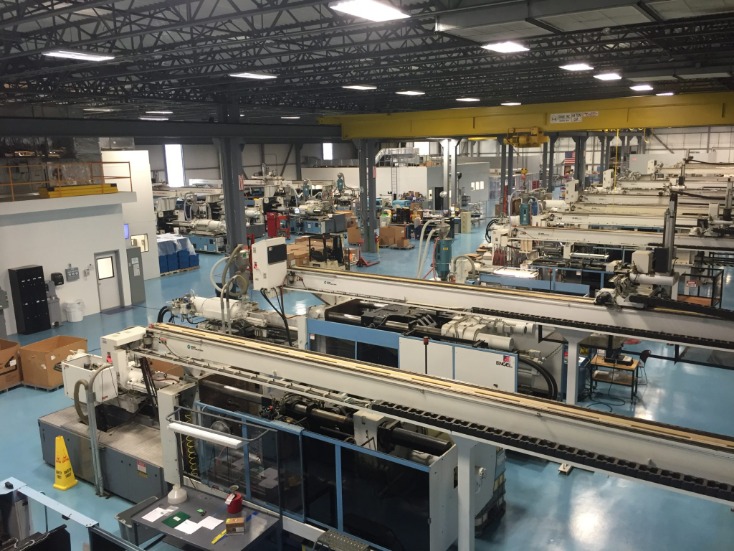In the ever-evolving landscape of manufacturing, custom injection molding has emerged as a pivotal technology, revolutionizing the way industries across the globe produce complex components with precision and efficiency. This process, valued for its versatility and cost-effectiveness, has become indispensable in sectors ranging from automotive to medical devices. By understanding its role and significance, businesses can better navigate the competitive market and drive innovation.
Understanding the Basics of Custom Injection Molding
At its core, custom injection molding involves the production of parts by injecting molten material into a mold. This technique is typically used with thermoplastics, although elastomers, thermosets, and even metals can also be molded. The process enables the creation of detailed, high-quality components with tight tolerances, making it ideal for both prototyping and mass production.
Benefits of Custom Injection Molding
The advantages of utilizing
Applications in Diverse Industries
As a testament to its versatility, custom injection molding is integral to numerous industries. In the automotive sector, it’s used for manufacturing lightweight and durable parts, crucial for advancing fuel efficiency. The medical industry relies on this technique for producing sterile, precision components such as surgical instruments and prosthetics, where precision can be a matter of life and death. Even in consumer goods, this process is used to create everything from electronic housings to sports equipment.
Choosing the Right Partner for Custom Injection Molding
Collaborating with a skilled manufacturing partner is essential to fully leverage the benefits of custom injection molding. Companies like Fox Mold offer expert guidance, from initial concept design through prototyping and final production, ensuring that the final product meets stringent quality standards.
Future Trends in Injection Molding
Advancements in technology continue to push the boundaries of what is possible with custom injection molding. Innovations such as automated processes, real-time monitoring, and the integration of smart manufacturing techniques promise to enhance the speed, efficiency, and sustainability of production. As industries strive to reduce their carbon footprint, the development of eco-friendly materials and energy-efficient machinery becomes increasingly important.
In conclusion, as manufacturing demands grow and product complexity increases, the role of custom injection molding in delivering innovative solutions will undoubtedly expand. By staying abreast of industry trends and collaborating with expert partners, companies can harness this technology to remain competitive, responsive to market needs, and economically viable.




